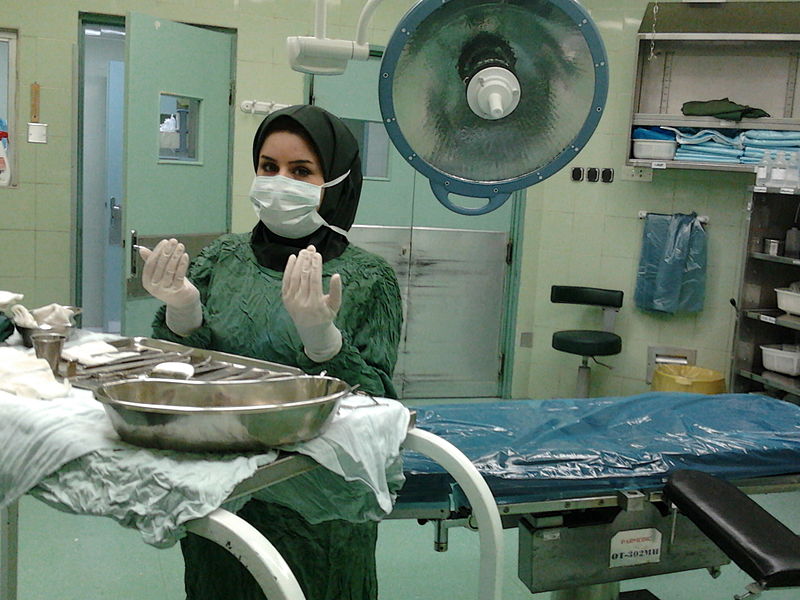Medical sociology
Medical sociology is a subfield of sociology that examines the social causes and consequences of health, illness, and healthcare. It explores how social factors like socioeconomic status, gender, race, and culture influence health outcomes and access to healthcare. Additionally, it analyzes the social organization of healthcare systems, the roles of healthcare professionals, and the social aspects of health behaviors and experiences.
Here’s a more detailed look at the key aspects of medical sociology:
Key Areas of Focus:
- Social Determinants of Health: Medical sociology investigates how social factors, such as poverty, education, and social support, affect individuals’ health and well-being.
Health Disparities:
It examines inequalities in health and healthcare access based on factors like socioeconomic status, race, ethnicity, gender, and sexual orientation.
Social Organization of Healthcare:
This includes studying the structure and functioning of healthcare systems, the roles of healthcare professionals, and the social dynamics within healthcare settings.
Health Behavior:
Medical sociology explores how social factors influence health-related behaviors like diet, exercise, smoking, and adherence to medical advice.
Medicalization:
This refers to the process by which non-medical issues become defined and treated as medical problems, often requiring medical intervention.
Social Construction of Health and Illness:
Medical sociology examines how health and illness are defined and understood within specific social and cultural contexts.
The Sociology of Mental Health:
This area focuses on the social aspects of mental illness, including its causes, consequences, and the social experiences of those with mental health conditions.
Social Support and Coping:
Medical sociology studies the role of social relationships and support systems in helping individuals cope with illness and stress.
Theoretical Perspectives:
- Structural Functionalism: This perspective views society as a system with interconnected parts, and it examines how different social institutions (like healthcare) contribute to social stability.
- Conflict Theory: This perspective emphasizes social inequality and power struggles, and it explores how social inequalities affect health and healthcare access.
- Symbolic Interactionism: This perspective focuses on how individuals create and interpret social meanings, and it examines how social interactions shape health-related behaviors and experiences.
In essence, medical sociology provides a framework for understanding the complex interplay between social forces and health, offering insights into the social causes of illness, the social organization of healthcare, and the social consequences of health and illness experiences.































Post Comment